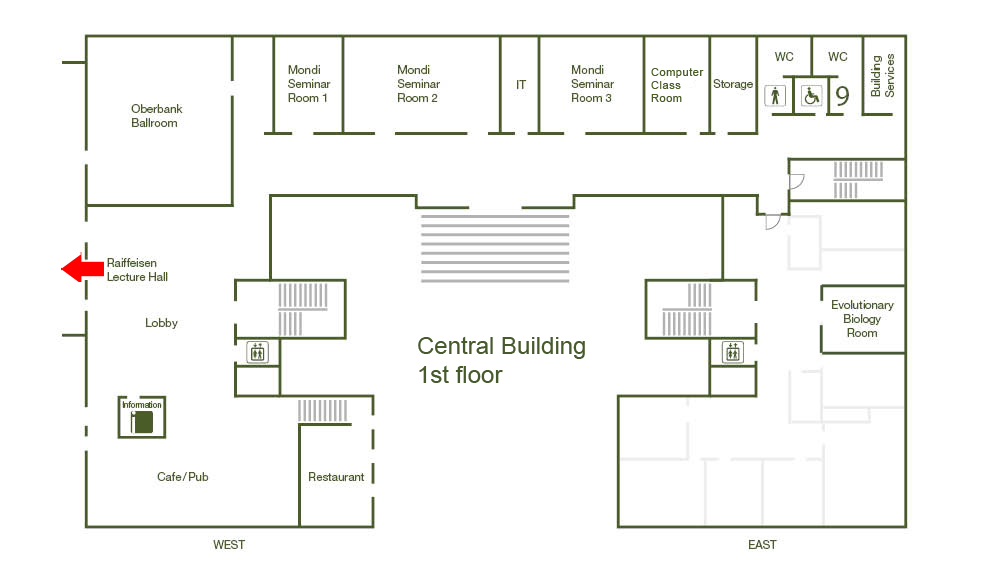Institute Colloquium: When conflicting constraints can be resolved - the local lemma
Date
Monday, January 13, 2014 16:30 - 17:30
Speaker
Emo Welzl (ETH Zurich)
Location
Raiffeisen Lecture Hall, Central Building
Series
Colloquium
Tags
Institute Colloquium
Contact

The general theme underlying the talk is the following question: Given a set of constraints, how much interleaving of these constraints (relative to how serious these constraints are) is necessary so that all of them cannot be satisfied simultaneously? For a concrete setting we consider boolean formulas in conjunctive normal form (CNF), where the clauses play the role of constraints. If all clauses are large, it needs many clauses to obtain an unsatisfiable formula; moreover, these clauses have to interleave. We review quantitative results for the amount of interleaving required, many of which rely on the Lovász Local Lemma, a probabilistic lemma with many applications in combinatorics. In positive terms, we are interested in simple combinatorial conditions which guarantee for a CNF formula to be satisfiable. The criteria obtained are nontrivial in the sense that even though they are easy to check, it is by far not obvious how to compute a satisfying assignment efficiently if the conditions are fulfilled; until recently, it was not known how to do so. It is also remarkable that while deciding satisfiability is trivial for formulas that satisfy the conditions, a slightest relaxation of the conditions leads us into the territory of NP-completeness. This is a survey with results by Heidi Gebauer, Robin Moser, Dominik Scheder, and Gábor Tardos, among others.